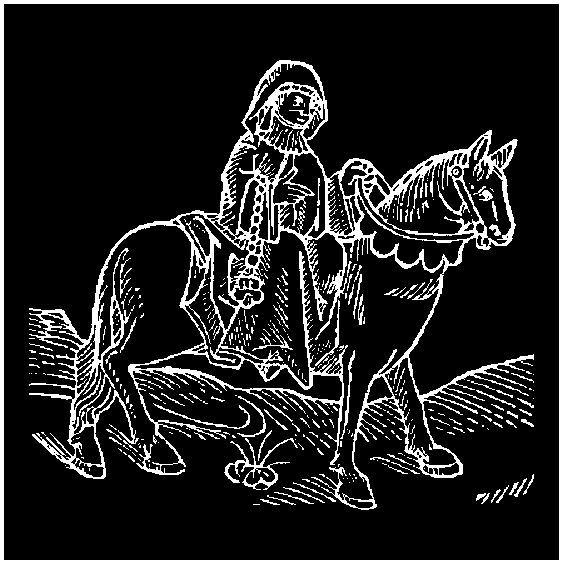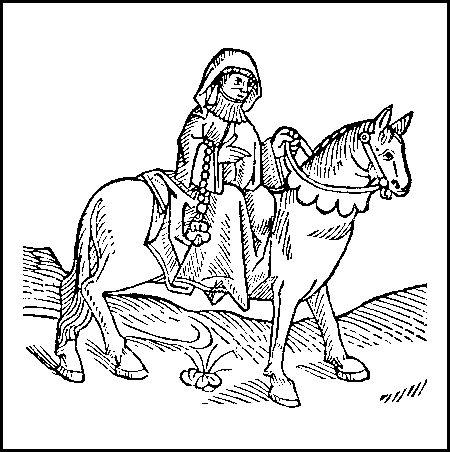Is Coming!
How One Language Is
Sweeping the World
Leslie Dunton-Downer
(Touchstone)

- "More films are made each year in Nigeria than in the United States." The languages: English, Yoruba, Hausa. But even so, Nigeria comes in second to India: "Mumbai is the world capital of moviemaking;"
- Of the five most-spoken "native" languages in the world --- Chinese, English, Spanish, Arabic and Hindi --- only Chinese is written with ideograms ... making it nonalphabetic. Arabic, for instance, may look funny, but if you sound out the characters, what you hear is what you get. Not so with Chinese.
- "The idea that there are numerous words for snow in Eskimo has captured the popular imagination for generations, even though: there is no one language called 'Eskimo;' Eskimo languages don't use building blocks that correspond neatly with what count as words in English."
- Snow per se is not expressed in any of the six Eskimo languages spoken along a band of the Arctic, across Canada and around Greenland. The real story about the potentially infinite number of snow terms in Eskimo languages is even more interesting than the received idea...
- More people speak English in China and in India than in America;
- "Probationary words" are those that have not been around long enough for all to accept them (and their funny spelling). If they last, they become regularized, losing strange characters and mysterious dingbats. It was once "Pent-House." Now it's "penthouse." Once, "coöperate" and "coördination" sported umlauts: no more. More recent examples are "Internet" and "e-mail," quickly simplified to "internet" and "email." When something is familiar, we give up the caps, the hyphens, and the funny dots;
- There is an ATM in Vatican City that operates solely in Latin.
The English Are Coming! is a moderately interesting disquisition on the evolution of English since its birth in the fifth century. Much space is given to its survival through chance occurrences of war, conquest, and disease. With over 300,000,000 speakers and another 1,500,000,000 with at least a minimal English-speaking or -writing ability, coupled with its key place in medicine, trade, travel, capital-formation, and the internet, Dunton-Downer claims that it has come to be the language of the world.
It certainly is a vacuum-cleaner language. It has and will presumably continue to suck up words from dozens of other languages. In a hundred years it may well be unrecognizable, at least to those of us who live with it and love it now.
She cites as an example one of those ghastly perversions that today's youth impose on it, using or misusing it in their Tweets or whatever is the rage of the moment. When you want to tell someone that you'll meet them for dinner at seven, you message them (message them!): will c U 4 dinnr 2nit @ 7." For those of us with a passing affection for what's left of our beloved English, it grieves us that it is being tortured to death by these whippersnappers.
The chapters on Early English, the invasion of the Normans ("1066 & All That" as one satire termed it), the writings of Shakespeare and Chaucer are pleasant reminders of the growth and vitality of English, a language that for all its peculiarities, should have died a thousand years ago ... but somehow managed to survive.
She reminds us that it disappeared into the countryside in the eleventh century: "For some three hundred years, virtually all official conversation was conducted in medieval French."
- The royal administration, the judiciary, the elite and its educators, the military, key clergy, and leading writers were all French-speakers.
English went underground, became the language of the underclasses, and did not reëmerge until the plague years of 1348, which mostly took out the urban classes. "Rural survivors of the Black Death, almost exclusively English-speakers, moved in significant numbers to London and other cities and towns." Then the peasants, always revolting, got more revolting, and with "John Wycliffe's translation of the Bible into English in the late fourteenth century, the French found themselves with a new language."
Speaking of Tweets and Twitters, Ms. Dunton-Downer is a purveyor of what they call TMI. (I just found out about this from one of my kids: it means "Too Much Information.") While she is going on about the etymological roots of the word "check," or "parking," or "disco," or phrases like "credit card" or "made in China," I found myself falling into a doze. TMI.
One prime moment in the book is a subsection titled "Job at work in Global English."
- Phrases that can confuse job seekers for whom English is not a native language: job lot, nose job, blow job, inside job, Steve Jobs, nut job, paint job, snow job, and the Book of Job.
Finally, she comes up with a quote from one of my favorite passages of all times ... drummed into my head by Mr. Quinn, my English teacher from sixty years ago.

"At first glance," she says, "the Chaucerian English can look alien, but if you read these lines aloud, you'll see that it's easy to get the gist of them..." being a slightly naughty one at that ... gentle irony about the church and its hierarchy:
- Ther was also a nonne, a prioresse,
That of hir smkylyng was ful symple and coy;
Hire gretteste ooth was but by seinte loy;
And she was cleped Madame Eglentyne.
Ful weel she soong the service dyvyne,
Entuned in hir nose ful semely.
And Frenssh she spak ful faire and fetisly,
After the scole of Stratford atte Bowe,
For Frenssh of Parys was to hire unknowe.
At mete wel ytaught was she with alle;
She leet no morsel from her lippse falle,
Ne wette hir fyngres in her sauce depe;
Wel koude she carie a morsel and wel kepe
That no drope ne fille upon hire brest.
In curteisie was set ful muchel hir lest.
Her over-lippe wyped she so clene
That in hir coppe ther was no ferthyng sene
Of grece, whan she dronken hadde hir draught.
Ful semely after hir mete she raughte.
And sikerly she was of greet desport,
And ful plesaunt, and amyable of port,
And peyned hire to countrefete cheere
Of court, and to been estatlich of manere,
And to ben holden digne of reverence.
But, for to speken of hire conscience,
She was so charitable and so pitous
She wolde wepe, if that she saugh a mous
Kaught in a trappe, if it were deed or bledde.
Of smale houndes hadde she that she fedde
With rosted flessh, or milk and wastel-breed.
But soore wepte she if oon of hem were deed,
Or if men smoot it with a yerde smerte;
And al was conscience and tendre herte.
Ful semyly hir wympul pynched was,
Hir nose tretys, hir eyen greye as glas,
Hir mouth ful smal, and therto softe and reed;
But sikerly she hadde a fair forheed;
It was almoost a spanne brood, I trowe;
For, hardily, she was nat undergrowe.
Ful fetys was hir cloke, as I was war.
Of smal coral aboute hire arm she bar
A peire of bedes, gauded al with grene,
And theron heng a brooch of gold ful sheene,
On which ther was first write a crowned "A",
And after, amor vincit omnia.
Beautifully she sang the divine services, sweetly intoning the music through her nose. She spoke French, fluently and well, in the style of Stratford-le-Bow (she didn't know the French of Paris.)
She had been taught her table-manners: never let bits of food fall from the lips; don't stick your fingers in the condiments; eat carefully, never letting even a drop fall to the breast. Her way was delightful, filled with zest.
Her upper lip was so clean that there would not even be a little grease on the cup from which she had drunk. During dinner, she would reach for the meat, would be delighting in a good back-and-forth ... being both pleasant and amiable.
She was at pains to be held in reverence, to mimic the look of a courtly lady with stately manners. And her moral sensibility? She was charitable, filled with pity: she would weep if she even saw a mouse caught in its trap, bleeding, dying, or dead.
She had some little dogs that she fed roast beef, or a bit of milk, or some fine white bread. But she would cry if one of them died, or if someone hit it. Her heart was thus ruled by a touch of tenderness.
She wore a beautiful pleated wimple. Her nose was finely-formed and her eyes were gray, as if molded of high-quality glass. Her mouth was small, soft and red. Her forehead was high, noble and broad --- for, if truth be told, she was a grand lady.
I recall that she wore a perfectly made cloak. On her arm was a small bracelet of coral and beads, touched with turquoise, with a pendant of gold ... upon which was written the letter "A" --- and below that, Amor vincit omnia. (Love conquers all.)"